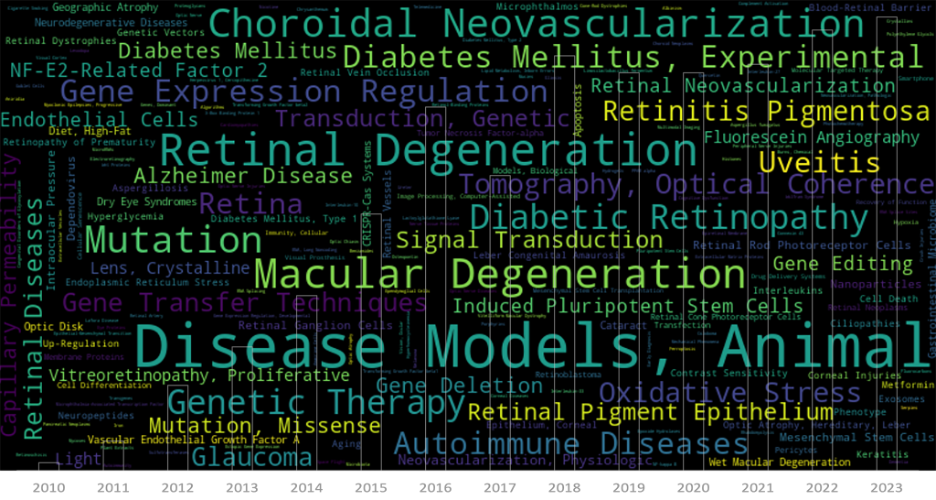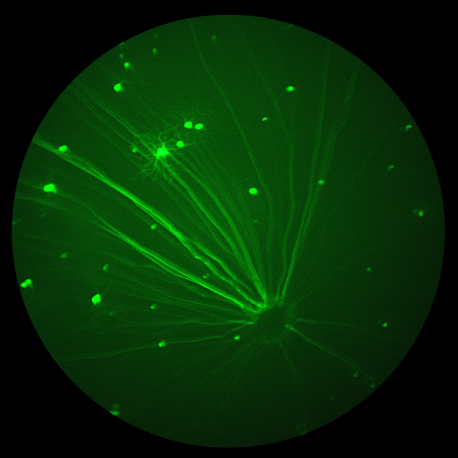Researchers at Yale University have uncovered a previously unknown lymphatic drainage system connecting the back of the eye to the brain, potentially revolutionizing our understanding of eye-brain immunity and opening new avenues for treating central nervous system diseases. By studying the immune response to herpes simplex virus in the brain, the team led by Dr. […]
Phoenix MICRON Research Blog
10.07
2024
Tau Protein Modulation Impacts Retinal Neuron Survival in Glaucoma
Glaucoma, a leading cause of irreversible vision loss, is characterized by progressive damage to retinal ganglion cells (RGCs) and the optic nerve, often associated with increased intraocular pressure (IOP). While previous studies have implicated Tau protein expression and phosphorylation changes in other neurodegenerative diseases such as Alzheimer’s disease, Parkinson’s disease and glaucoma, the causative role […]
03.05
2024
Phoenix-Micron Announces New Animal Stand with Integrated Anesthesia Delivery
Designed for use with inhalation anesthetics like isoflurane, the new patent-pending animal stand is designed to simplify and improve in vivo small animal ocular imaging Bend, OR, USA – May 3, 2024– Phoenix-Micron, Inc. (“Phoenix”), recognized globally for its leadership in in vivo ophthalmic imaging of small animals, today announced the MICRON Animal Stand […]
23.04
2024
Phoenix-Micron Enhances OCT Imaging with AI-powered OCT Segmentation
Phoenix-Micron, Inc. and ArtiKode Intelligence Collaborate to Bring Automated, AI-Powered OCT Segmentation to MICRON Software Suite Bend, OR, USA – April 23, 2024 – Phoenix-Micron, Inc. (“Phoenix”), recognized globally for its leadership in in vivo ophthalmic imaging of small animals, today announced a collaboration with ArtiKode Intelligence (“ArtiKode”), a Valencia, Spain-based innovator in artificial intelligence (AI) […]
08.04
2024
MICRON Imaging Systems: Powering 900 Scientific Publications
The ability to see the world around us is a gift that’s easy to take for granted, until it’s threatened by the onset of a devastating eye disease. For those facing the reality of vision loss, ophthalmic research represents a beacon of hope, offering the promise of new treatments and therapies to preserve or restore […]
28.03
2024
Your Guide to Navigating Seattle for ARVO 2024
We’re excited to see everyone at ARVO 2024 in Seattle in May! Every year, we are impressed and humbled by the incredible presentations and posters that highlight breakthrough research related to new disease models, diagnostics, and therapies. Phoenix-Micron is headquartered in the Northwest, and many of our team members are either from the Seattle area […]







